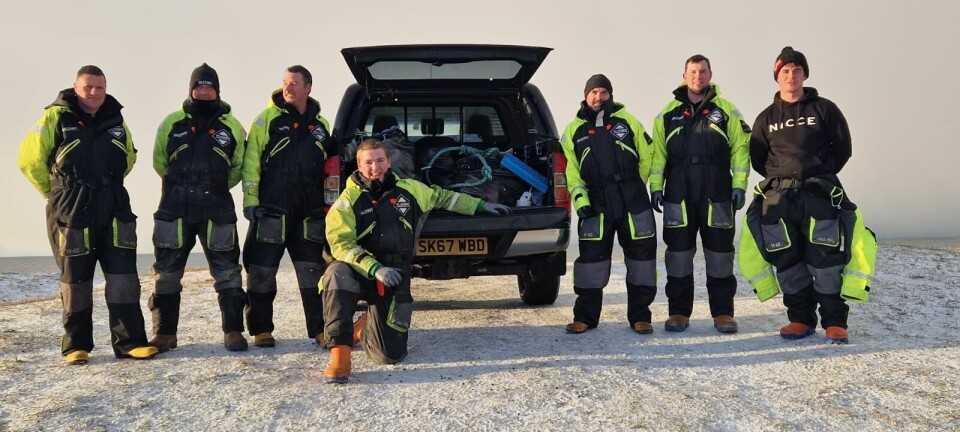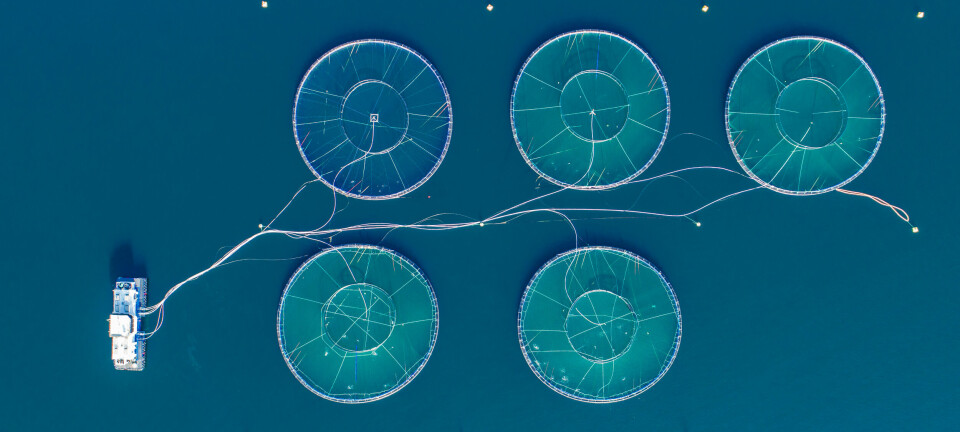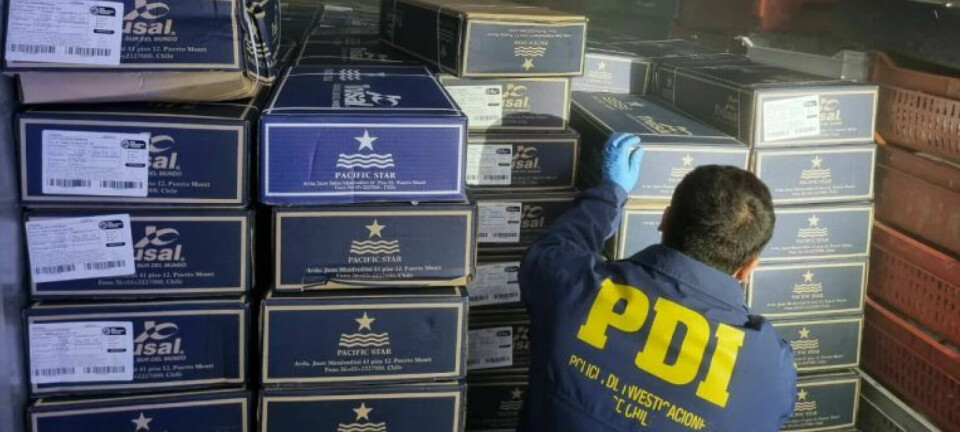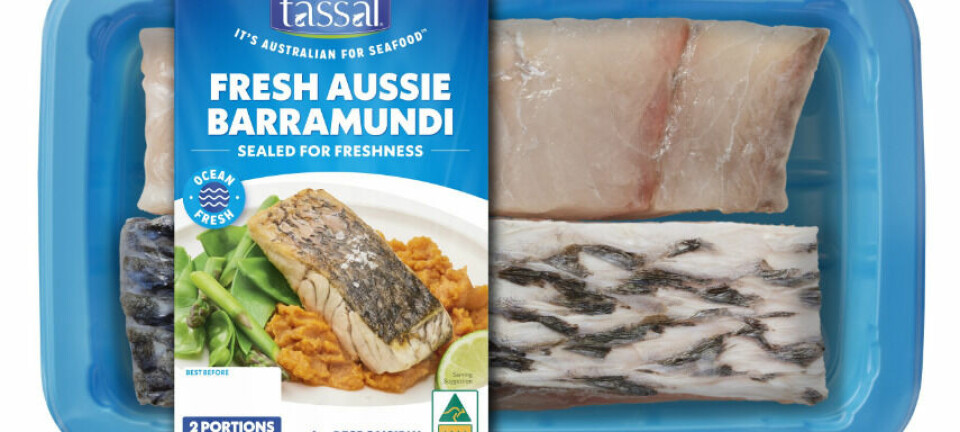
Fish-waste-to-oxygen project shortlisted for award
A circular energy project that uses fish waste from a salmon processing plant to produce biogas that is used to generate power to make oxygen for a hatchery has been shortlisted for an award.
The Outer Hebrides Local Energy Hub (OHLEH) involves the transfer of fish waste from the Scottish Salmon Company’s processing plant on the Isle of Lewis.
The waste is ensiled, pasteurised and integrated with other local household and garden waste in an anaerobic digester at local authority Comhairle nan Eilean Siar’s (CnES) household waste and recycling centre at the Creed Integrated Waste Management Facility near Stornoway, and broken down to produce biogas.
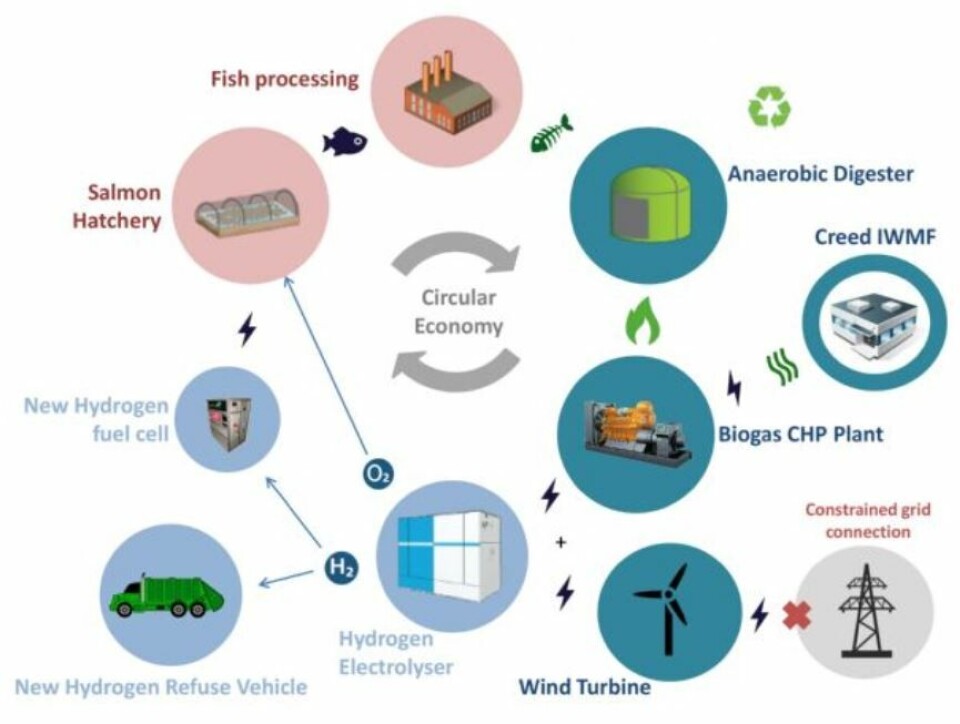
Heat and power plant
The biogas fuels a combined heat and power plant with some of the electricity generated used to drive an electrolyser which in turn produces hydrogen and oxygen for use at SSC’s hatchery in Lewis, as well as providing fuel for CnES’s hydrogen-powered bin lorry.
The OHLEH project has been shortlisted for the Partnership Scotland Award at this year’s VIBES – Scottish Environment Business Awards. As well as SSC and CnES, other partners in the project are Pure Energy Centre and Community Energy Scotland.
SSC chief executive Craig Anderson said in a press release: “To be shortlisted for the Partnership Scotland Award not only recognises the commitment and expertise of the OHLEH project partners, but also is a great example of local collaboration which could act as a blueprint for national best practice, not just in the salmon farming industry but across many other sectors.”
Green oxygen
David Macleod, head of municipal services at CnES, said: “As an island local authority, it is important that we work with local partners to strengthen our local economy and our community.
“The OHLEH project maximises the potential of being able to process organic wastes locally, generating green hydrogen and green oxygen to support local industry.”
Now in its 20th year, the VIBES awards scheme recognises Scottish businesses which showcase best practice, taking significant steps to improve or reduce their impact on the environment. The awards encourage the efficient use of resources, strive to improve environmental performance and support sustainable development including social benefits through involvement with the local community.
The winners will be announced at a ceremony on November 14 at the Doubletree by Hilton hotel in Glasgow.
















































